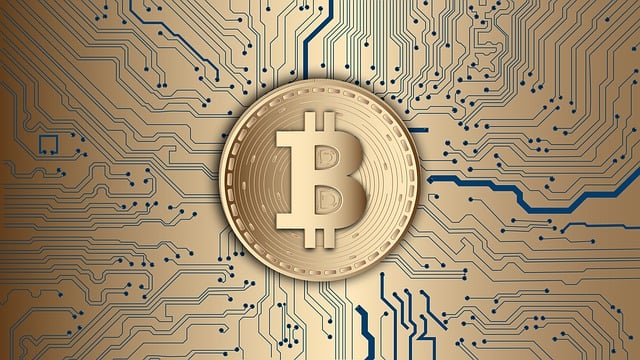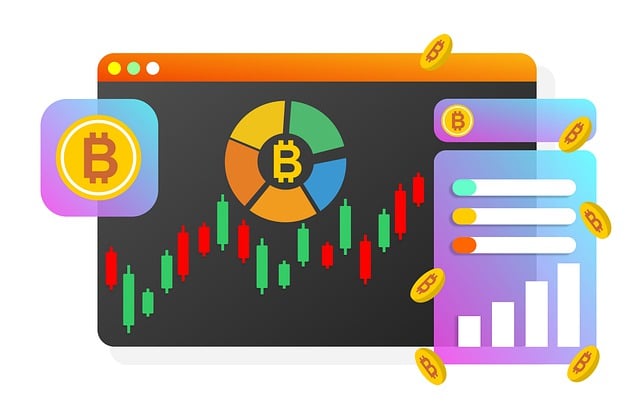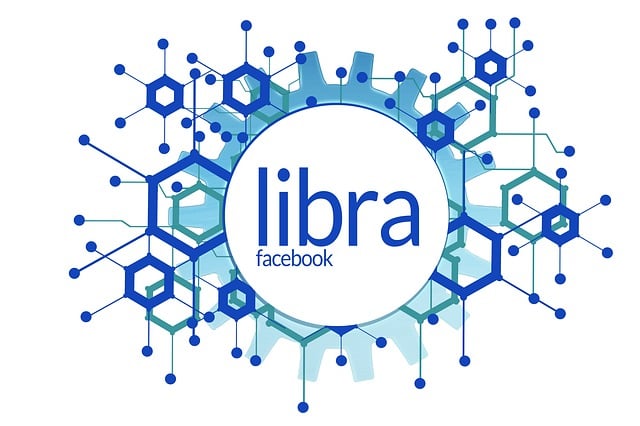Blockchain technology is revolutionizing gaming by providing a secure and transparent system for transactions. Through decentralized ledgers, cryptographic hashing, and smart contracts, players can own and trade in-game assets like virtual land, items, and currencies using cryptocurrencies, creating a global market. Macroeconomic factors influencing crypto, such as increased adoption and improved infrastructure, contribute to a vibrant gaming ecosystem that encourages innovation. Blockchain's immutability ensures player assets and achievements are permanently secured, fostering trust and empowering gamers with true ownership over their in-game progress.
- Understanding Blockchain in Gaming: The Basic Building Blocks
- – Definition and core principles of blockchain technology
- – How blockchain differs from traditional gaming systems
- – Benefits: transparency, security, immutability, and player ownership
Understanding Blockchain in Gaming: The Basic Building Blocks

Blockchain technology is transforming the gaming industry by introducing a new level of transparency and security. At its core, blockchain is a decentralized digital ledger that records transactions across multiple nodes, making it nearly impossible to tamper with or manipulate data. This technology ensures that in-game assets, such as virtual land, items, and currencies, are owned and traded securely without the need for intermediaries like game developers or platforms.
The integration of blockchain into gaming leverages macroeconomic factors influencing crypto, such as increased adoption and improved infrastructure, to create a vibrant ecosystem. Players can purchase, sell, and exchange in-game assets using cryptocurrencies, fostering a global marketplace that promotes fair trade and ownership rights. This shift not only enhances the economic aspects of gaming but also encourages innovation by providing developers with new ways to design games around blockchain’s unique capabilities, ultimately revolutionizing the digital entertainment landscape.
– Definition and core principles of blockchain technology

Blockchain technology is a decentralized digital ledger system that records transactions across multiple nodes, ensuring transparency, security, and immutability. Its core principles revolve around distributed consensus algorithms, cryptographic hashing, and smart contracts. Each transaction is verified by network participants, eliminating the need for intermediaries, which enhances efficiency and reduces costs.
Several macroeconomic factors influencing crypto play a role in shaping the blockchain gaming ecosystem. Volatile cryptocurrency prices can impact investor confidence and market liquidity, affecting the funding and adoption of blockchain-based games. Regulatory environments, which vary significantly across regions, can either foster or hinder the growth of this sector. Moreover, advancements in technology, such as improved scalability solutions, are crucial for addressing the challenges related to transaction speed and network congestion, thereby expanding the potential for immersive gaming experiences on the blockchain.
– How blockchain differs from traditional gaming systems

Blockchain technology offers a fundamentally different approach to gaming compared to traditional systems. While conventional gaming platforms rely on centralized servers and intermediaries to manage gameplay and transactions, blockchain introduces a decentralized network that records all interactions immutably and transparently. This shift has the potential to reshape the gaming ecosystem by providing players with greater control over their assets and data.
One key distinction lies in ownership and tradeability of in-game items. On traditional platforms, these items are often tied to specific games or even accounts, limiting their portability and resale value. Blockchain, however, allows for the tokenization of gaming assets, transforming them into digital collectibles that can be owned, traded, and sold on open markets. This creates a new layer of economic opportunity, where players can monetize their in-game achievements and contribute to the overall macroeconomic factors influencing crypto through these transactions.
– Benefits: transparency, security, immutability, and player ownership

The blockchain gaming ecosystem offers a host of benefits driven by key macroeconomic factors influencing crypto. One of the most significant advantages is transparency: all game transactions are recorded on a decentralized public ledger, eliminating intermediaries and ensuring trust among players. This is particularly appealing in the context of crypto’s volatile market, fostering a more transparent and secure environment for gamers.
Furthermore, blockchain technology guarantees security through cryptographic hashing and distributed storage, making it nearly impossible to manipulate or tamper with game data. Immutability, another crucial feature, ensures that once recorded, player assets and achievements are permanently secured. This empowers players by granting them true ownership over their in-game items and progress, a stark contrast to traditional centralized gaming models.
